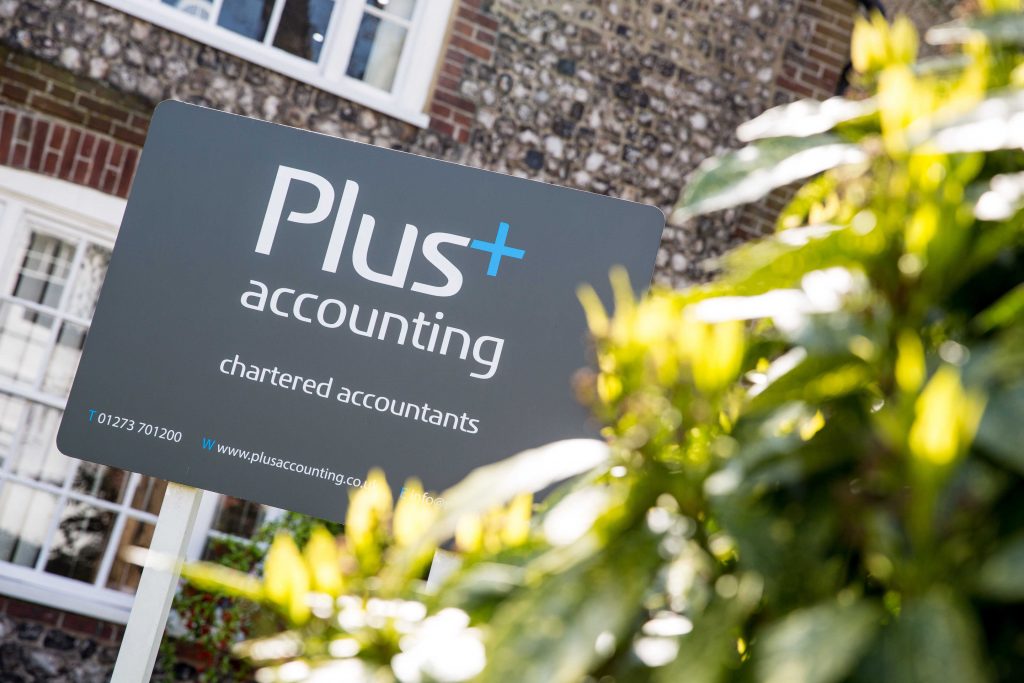A number of tax rates and allowances have changed for 2023/24 (year ending 5 April 2024) and the figures for this year are shown below
What is the Personal Tax Allowance?
Where an individual has what is known as “adjusted net income” totalling over £100,000, the personal allowance is reduced by £1 in every £2. So there will be no entitlement to the personal allowance when adjusted net income exceeds £125,140.
What is the Marriage Tax Allowance?
It is possible for some couples where one spouse or civil partner’s income is below the personal allowance to transfer 10% of their personal allowance to their spouse or civil partner, which is £1,260 for 2023/24 (same as 2022/23). This is only possible if the other spouse or civil partner’s income is taxed at the basic rate.
What are the current General Income Tax Rate Bands?
The basic rate band remains at £37,700 and this means individuals will pay the higher rate of tax (40%) on their income in excess of £50,270. This is for individuals who are entitled to the personal allowance in full. The additional rate remains at 45% and starts when income exceeds £125,140 – the figure at which any entitlement to the personal allowance expires. The threshold was £150,000 in 2022/23 and this tax increase was introduced by Mr Hunt in his Autumn Statement in November 2022.
What are the current Dividend Tax Rates?
The dividend rates of income tax are unchanged so that the basic rate taxpayers’ rate remains at 8.75%, the upper rate is 33.75% and the additional rate is 39.35%.
The 2023/24 tax rate bands are:
|
Taxable Income (after deducting the personal allowance) |
General Rate |
Dividend Rate |
|
£1 to £37,700 |
20% |
8.75% |
|
£37,701 to £125,140 |
40% |
33.75% |
|
Over £125,140 |
45% |
39.35% |
Scottish Taxpayers
There are five Scottish income tax rates which apply to Scottish taxpayers for income such as employment, self-employment and rental income. The rates range between 19% and 46%. Scottish taxpayers are entitled to the personal allowance, and it is reduced when total adjusted net income is above £100,000.
The 2023/24 Scottish tax rate bands are:
|
Taxable Income (after deducting the personal allowance) |
Rate |
% |
|
£1 – £2,162 |
Starter |
19% |
|
£2,163 – 13,118 |
Basic |
20% |
|
£13,119 – £31,092 |
Intermediate |
21% |
|
£31,093 – £125,140 |
Higher |
41% |
|
Over £125,140 |
Top |
46% |
For income from savings and dividends the rates are the same as the rest of the UK.
Welsh Taxpayers
Welsh taxpayers pay the same rates of income tax as taxpayers in England and Northern Ireland.
Student Loans
For students who obtained loans for studying in England, Wales or Northern Ireland, from 6 April 2023 the Plan 1 threshold increased to £22,015 (£20,195 in 2022/23) and the Plan 2 threshold remained at £27,295. The rate of deduction for both plans remains at 9%.
Postgraduate Master’s Loan and Postgraduate Doctoral Loan
A Postgraduate Loan is a loan to help individuals with course fees and living costs whilst studying on a postgraduate master’s or doctoral course. The repayment of this type of loan is treated exactly the same as any other Student Loan and interest is charged from the day you first get the loan.
The repayment of the loan begins when threshold income is above £21,000 for students in England and Wales and the rate of deduction is 6%.
Scottish loans
Students who obtained loans from the Student Award Agency for Scotland repay under Plan 4, for which the rate is 9% for students in Scotland for income above £27,660 (£25,375 in 2022/23).
If you are an employee your employer will deduct the student loan repayment from your employment income.
If you are self-employed then student loan repayments will be made via the self-assessment system through the completion of a tax return.
Author: Plus Accounting
Any views or opinions represented in this blog are personal, belong solely to the blog owner and do not represent those of Plus Accounting. All content provided on this blog is for informational purposes only. The owner of this blog makes no representations as to the accuracy or completeness of any information on this site or found by following any link on this site.
First Published: 30 May 2019
Last Updated: 19 April 2023


